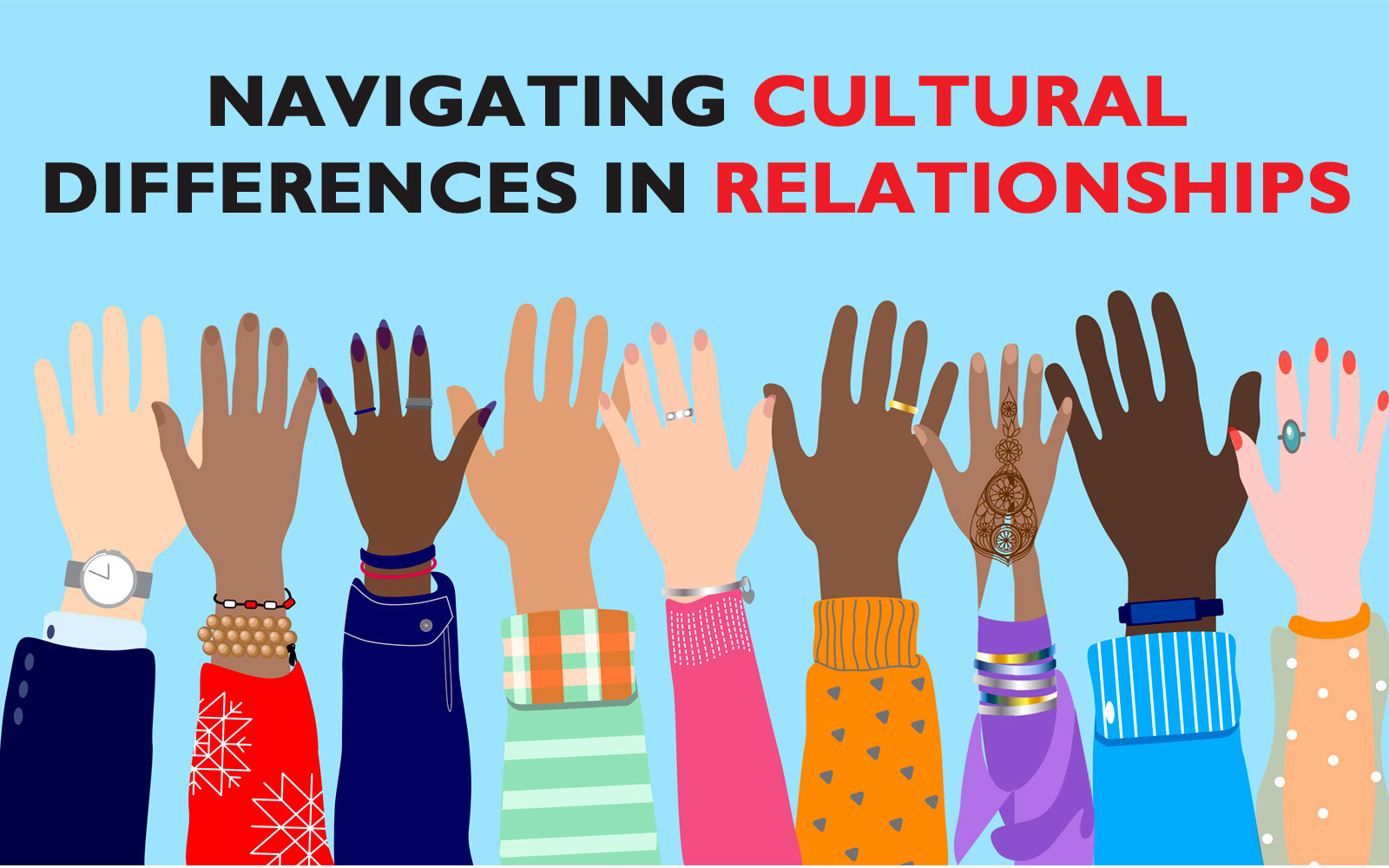
Understanding Cultural Differences in Love
Definition of Cultural Differences in Relationships
Cultural differences in relationships refer to the varying beliefs, practices, and values that influence how love is expressed and understood across different societies. These differences shape everything from courtship rituals to communication styles, impacting how individuals view affection and commitment.
For instance, in some cultures, public displays of affection are embraced, while others might find them inappropriate. Personal anecdotes often highlight these themes; for instance, someone might share a story of navigating the contrasting dating customs when dating someone from a different cultural background.
Impact of Cultural Variations on Love
The impact of cultural variations on love is profound. It can lead to misunderstandings or enrichment in relationships, depending on how couples manage these differences.
Key impacts include:
- Expectations: Different cultures may have distinct expectations around roles in a relationship.
- Communication: Style preferences can range from direct to indirect, altering how love is conveyed.
- Conflict Resolution: Approaches can differ, affecting how couples address disagreements.
Understanding these cultural nuances is invaluable for fostering harmonious and fulfilling relationships.
Factors Influencing Cultural Differences
Communication Styles
Communication styles are a fundamental factor influencing cultural differences in relationships. These styles can dictate how individuals express affection, convey emotions, and handle conflicts. For example, someone from a high-context culture might rely heavily on non-verbal cues, while someone from a low-context culture may prefer straightforward verbal communication.
Personal experiences often highlight these differences. Imagine having a conversation where one partner expects an unspoken understanding, while the other seeks clarity through explicit dialogue. This can lead to confusion and misinterpretation.
- Direct vs. Indirect Communication: Some cultures value bluntness, while others prioritize tact.
- Non-Verbal Cues: Gestures and eye contact can vary in meaning across cultures.
Values and Beliefs
Values and beliefs also play a crucial role in shaping cultural differences. They encompass the fundamental principles individuals hold regarding family, commitment, and social norms. For instance, in collectivist cultures, the importance of family approval might dictate relationship decisions, whereas individualistic cultures may emphasize personal choice and freedom.
Consider a couple from different backgrounds where one partner values family integration, while the other prioritizes personal autonomy. This disparity can lead to friction or a rich opportunity for dialogue and understanding.
- Family vs. Individual Focus: How does a culture prioritize relationships with family over personal desires?
- Religious Influences: Beliefs can dictate dating practices and expectations regarding marriage.
These elements profoundly shape how love is expressed and experienced, highlighting the complexity of cross-cultural relationships.

Navigating Cultural Variations in Relationships
Building Cultural Awareness
Navigating cultural variations in relationships starts with building cultural awareness. This means recognizing and understanding each other’s backgrounds, which helps to bridge gaps and foster deeper connections. Engaging in honest conversations about cultural practices can illuminate perspectives that might otherwise create misunderstandings.
For example, couples can set aside time to share family traditions or discuss what specific gestures mean in their cultures.
- Research Together: Explore cultural literature or attend workshops.
- Celebrate Differences: Plan cultural-themed date nights to appreciate each other’s backgrounds.
Respectful Conflict Resolution Techniques
Respectful conflict resolution techniques are crucial for overcoming challenges in cross-cultural relationships. Developing strategies that respect both partners’ perspectives can lead to healthier discussions.
- Active Listening: Show genuine interest in understanding your partner’s viewpoint.
- Compromise: Find common ground and agree on a path forward that respects both cultures.
- Use “I” Statements: Express feelings without assigning blame to prevent escalation.
These techniques not only help resolve conflict but also strengthen the relationship, building a foundation of mutual respect and understanding that celebrates diversity.

Benefits of Embracing Diverse Perspectives in Love
Enriched Relationship Dynamics
Embracing diverse perspectives in love can significantly enrich relationship dynamics. When partners from different cultural backgrounds come together, they create a vibrant tapestry of ideas, traditions, and experiences that enhance their bond.
For instance, couples might celebrate holidays differently, leading to unique rituals that blend both cultures. This fusion of traditions not only strengthens their connection but also allows them to create shared memories that reflect their diverse heritages.
- Increased Compassion: Understanding different viewpoints fosters empathy.
- Creative Solutions: Varied perspectives can spark innovative ways to tackle challenges.
Personal Growth and Learning Opportunities
Furthermore, navigating a cross-cultural relationship opens doors to personal growth and learning opportunities. Partners can broaden their horizons by exploring new customs, languages, and philosophies together, which fosters continuous development.
For example, one partner might take up a new culinary skill from their partner’s culture, creating a shared experience around food.
- Enhanced Communication Skills: Learning to articulate feelings across cultural lines improves overall communication.
- Adaptability: Partners become more flexible and open-minded, valuable traits in any relationship.
These experiences not only nurture the love between partners but also promote individual growth, making each journey worthwhile.
